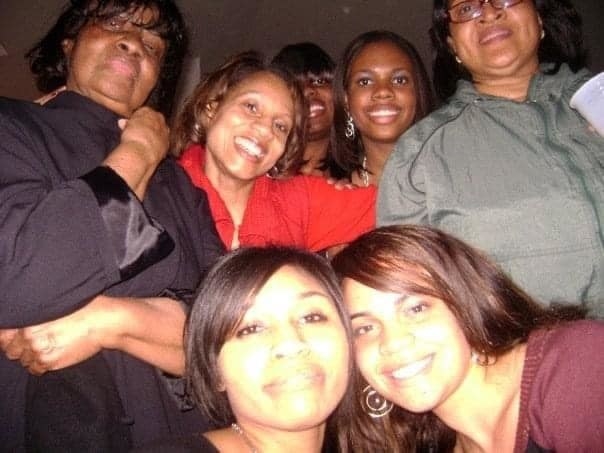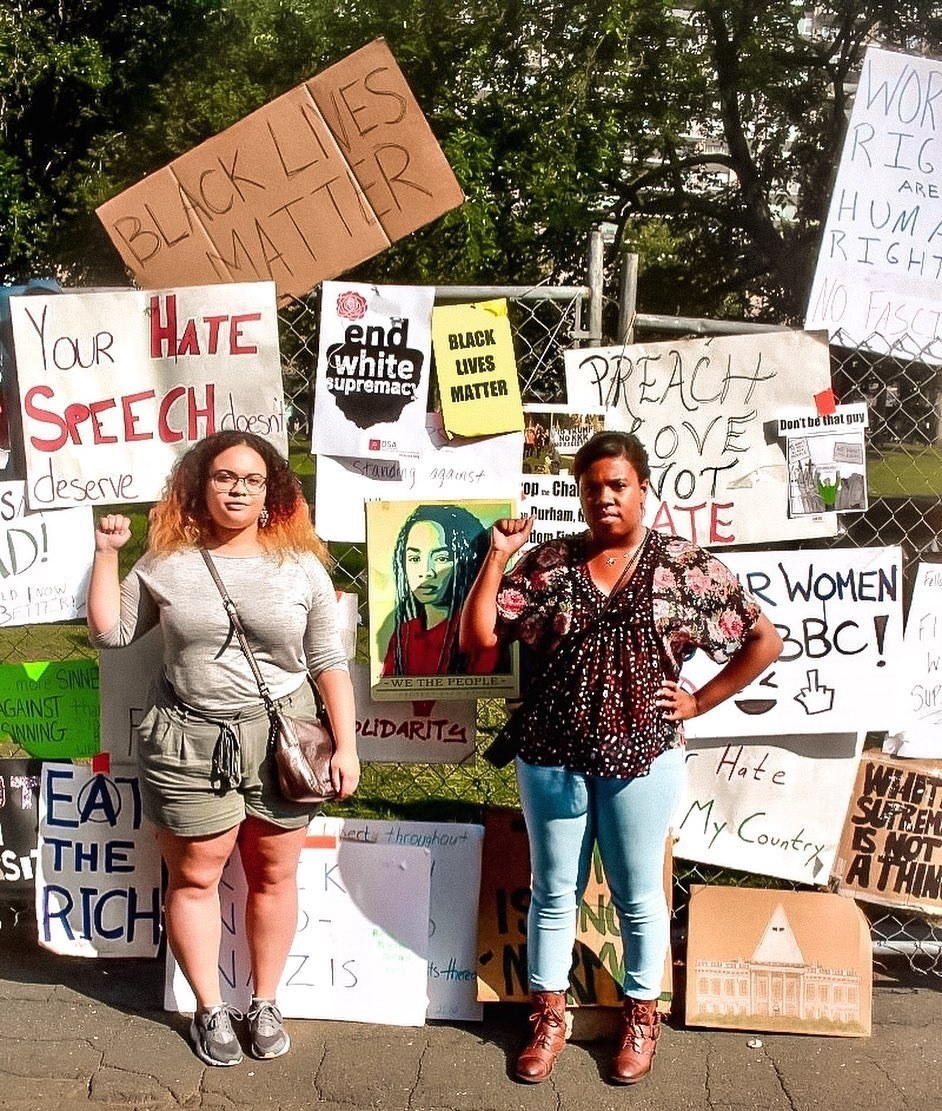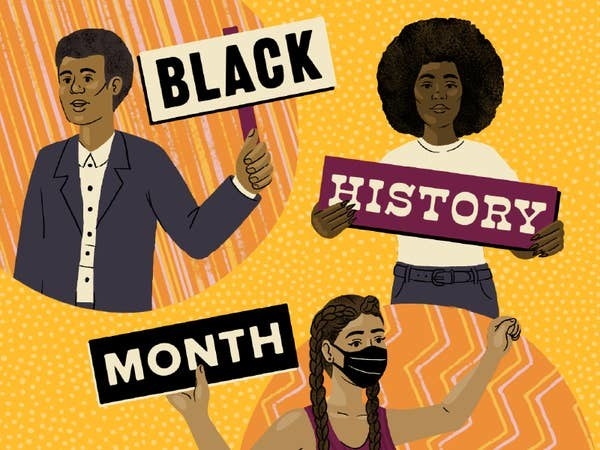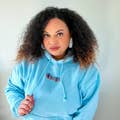The first time I remember being confused about my race was in second grade when my teacher asked me the infamous question that all racially ambiguous people dread: "What are you?"
I remember being unsure of how to answer, and I think my response was something along the lines of, “Um, I think Native American.” Which Ancestry DNA has since told me is not true btw — but that’s a whole other essay.
I’m Black. I’m also white. That is true, and although I felt confused as a kid, I still knew that. My Black dad and white mom have both always been in my life and neither of them ever made me feel like my identity was a “problem” or a mystery. So why was I so confused?
Not just in second grade, but for years following that. Was it okay to answer that I was Black? Or was that being dishonest about my white family? And what if I answered white? You can tell by looking at me that that’s not true. So, as I grew up, I decided my answer was “I’m mixed” or “biracial.”
However, I quickly learned that that answer would lead to more uncomfortable questions: “What are you mixed with?” “But, what are you more of?” “Which parent is Black, your mom or dad?”
And so, my racial identity continued to feel like this gray area that was just never quite “enough” for people to grasp.
I should also mention that I grew up in a city less than 15 miles outside of Detroit, MI and it was honestly pretty diverse. I had friends who were Black, white, Latinx, Asian, and yes, even biracial. I’m definitely not saying it was free of racial divides, but I wasn’t some anomaly in an all-white suburb either.
Yet, I still felt like I was being dishonest if I simply said, “I’m Black.” And this feeling stayed with me until my early twenties.
I know that having lighter skin and looser curls allows me more privilege and acceptance in society than someone who has darker skin. Colorism is still very prevalent both in society as a whole and within the Black community, and it exists in other cultures as well. No matter how proud I was to come from a family of resilient, beautiful, hard-working Black people, I always worried that saying I was Black without the “but I’m also white” disclaimer would cause people to scoff at me or tell me, “No, you’re not.”
Just to be clear, I’m not ashamed of being white either. If we want to get technical, I’m of African, English, Scottish, Norwegian, and Irish heritage. Do I owe every confused person that I encounter an entire breakdown of my DNA? Of course not. But, it has taken me a long time to feel confident enough in my identity not to care what others think.
Society does and has always viewed Black and white biracial people as Black.

While interviewing for jobs, I’ve frequently debated if I should take a flat iron to my hair (and more often than not, I have). I’ve been pulled over by the police for absolutely no reason just to be asked where I was going and if my car actually belonged to me.
I’ve known the discomfort of being the only Black person in a room, whether it be a classroom at graduate school or a meeting at work.
At one of my early internships in New York City, I remember being asked to help produce content for the magazine’s Black History Month series (it was a lot of content, especially for an unpaid intern). Although they didn’t say it, I knew it was because there were only two Black editors on staff who were expected to carry this whole series and they couldn’t do it all alone. Of course I was eager and thrilled to help, but in this instance and the others mentioned, there wasn’t a question in my mind if I was Black enough.
Fast forward to the Black Lives Matter protests that occured nation-wide during the summer of 2020 following the death of George Floyd. I decided that as a Black woman, a journalist, and a content creator, I wanted to speak up. I needed to join this conversation.

And what followed was a string of white family members and acquaintances unfriending me, sending me angry text messages, and pretending they hadn’t known me for the past 26 years of my life.
No longer was I their sweet, quiet cousin with pretty hair. To them, I was an angry Black woman. And although they may not see it that way, the tears I shed over feeling so “othered” by my own family were very real.
Despite the unfortunate, but real privileges I have as a light-skin woman and the confusion that so often surrounds being of mixed race, that same African blood that has endured so much hate, pain, and discrimination for centuries in America runs through my veins.
I take a lot of pride in what my ancestors have overcome, what my grandmother has, my dad, my aunts, my uncles, and so on. And that’s why I’m proud to be a Black woman.
Today we have more and more public figures who are openly sharing their mixed-race experiences, including Zendaya, Meghan Markle, Yara Shahidi, Bruno Mars, Barack Obama, and Vice President Kamala Harris. It brings me a lot of joy to know that although we will likely still battle with “otherness” as multiracial people, we’re getting more comfortable with discussing the feelings and situations that are attached to it and the complexities of racial identity in general.
Every mixed-race family has its own unique struggles, but whatever beautiful mixture you're made up of, you should feel empowered to identify in a way that feels authentic to you.
Contrary to what some may think, there's no "right" way to identify as a multiracial person. Just don’t let the opinions of others prevent you from embracing your Blackness and being proud of it.


